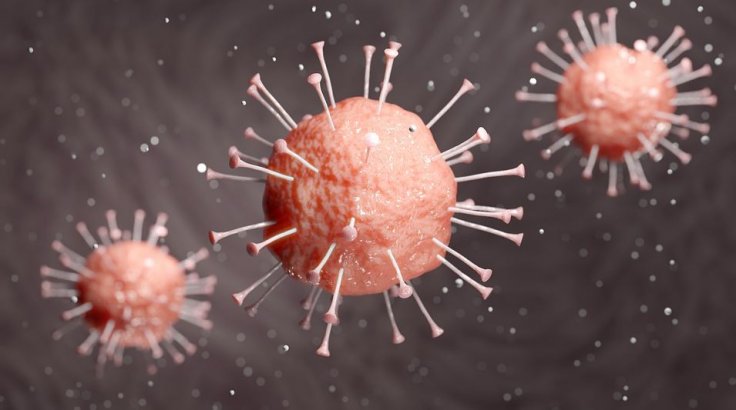Wuhan scientists have sounded alarm bells about a new strain of coronavirus, called NeoCov, terming it to be deadlier than its predecessor Covid-19. The strain related to the Middle Eastern respiratory syndrome or MERS-coronavirus is believed to leave one in three patients dead.
The first case of Covid-19 was found in the Wuhan province of China. Despite, China claiming otherwise, many believe the fatal bat virus escaped from the Wuhan Institute of Virology.

What is NeoCov?
Chinese scientists issued warnings about the NeoCov in a new research paper which was published on bioRxiv website. It is yet to be peer-reviewed. The research was conducted by the scientists at Wuhan University and the Chinese Academy of Sciences' Institute of Biophysics.
The study titled, 'Close relatives of MERS-CoV in bats use ACE2 as their functional receptors,' stated that NeoCoV and its close relative, PDF-2180-CoV, can use some types of bat Angiotensin-converting enzyme 2 (ACE2) and human ACE2 for entry.
The researchers cautioned that NeoCov could attach itself to the ACE2 receptor in a way which is different than the COVID-19. The virus could carry with itself a combined high mortality rate of MERS-CoV and the high transmission rate of the current SARS-CoV-2 coronavirus.
NeoCov Carries High Mortality Rate
The new virus, found in a population of bats in South Africa, is likely to carry high mortality rate of MERS-coronavirus with the high transmission rate of SAS-CoV-2, making it a potentially deadly outbreak.
A report, on the Russian website Sputnik, stated that the high mortality rate of MERS could lead to "one in three infected people dying on average. "Our study demonstrates the first case of ACE2 usage in MERS-related viruses, shedding light on a potential bio-safety threat of the human emergence of an ACE2 using 'MERS-CoV-2' with both high fatality and transmission rate," the paper said.
"Experts from the Vector research center are aware of the data that Chinese researchers obtained regarding NeoCov coronavirus. At this time, it's not about the emergence of a new coronavirus capable of actively spreading among humans," Vector Russian State Research Centre of Virology and Biotechnology said in a statement.









